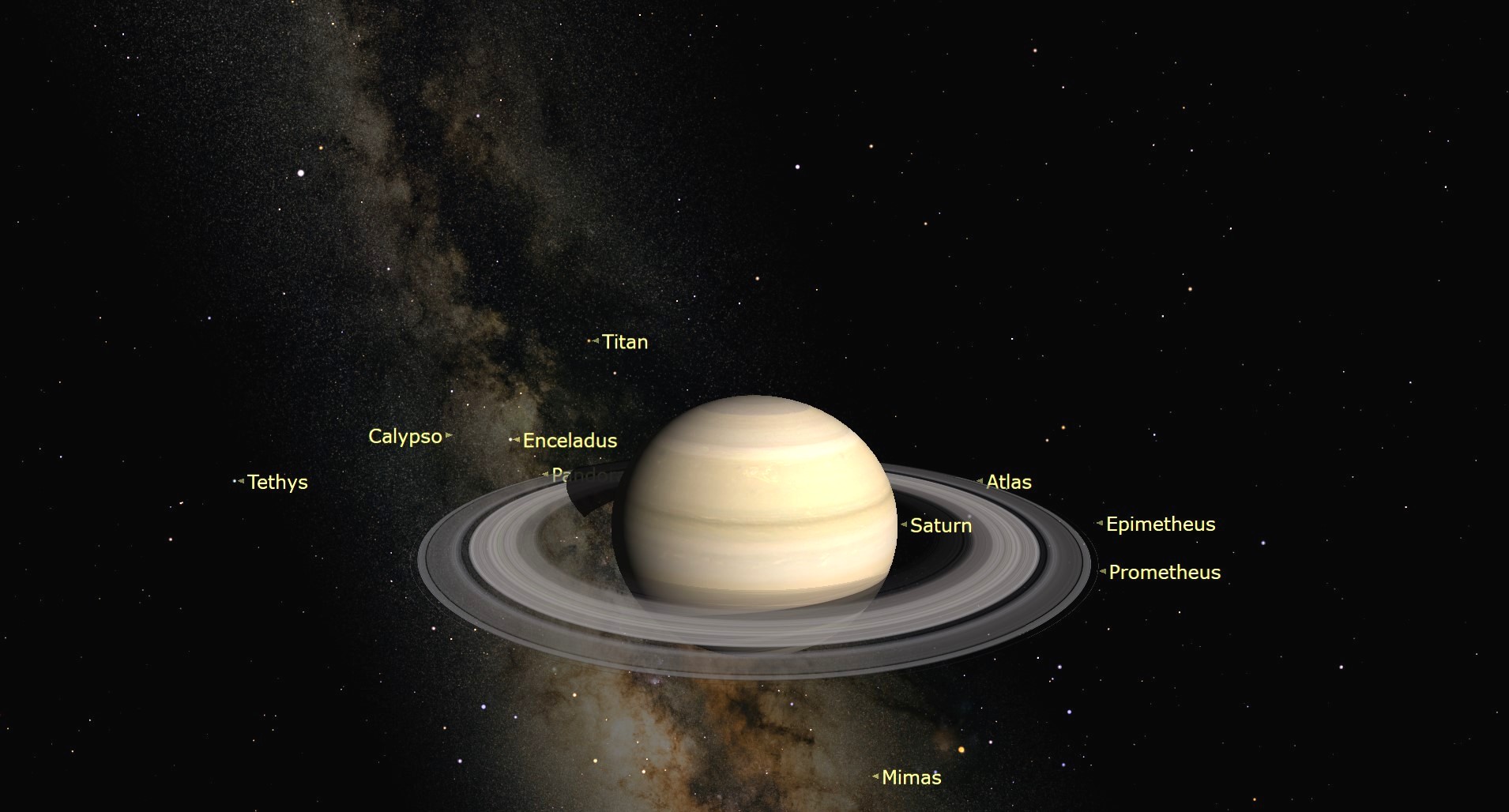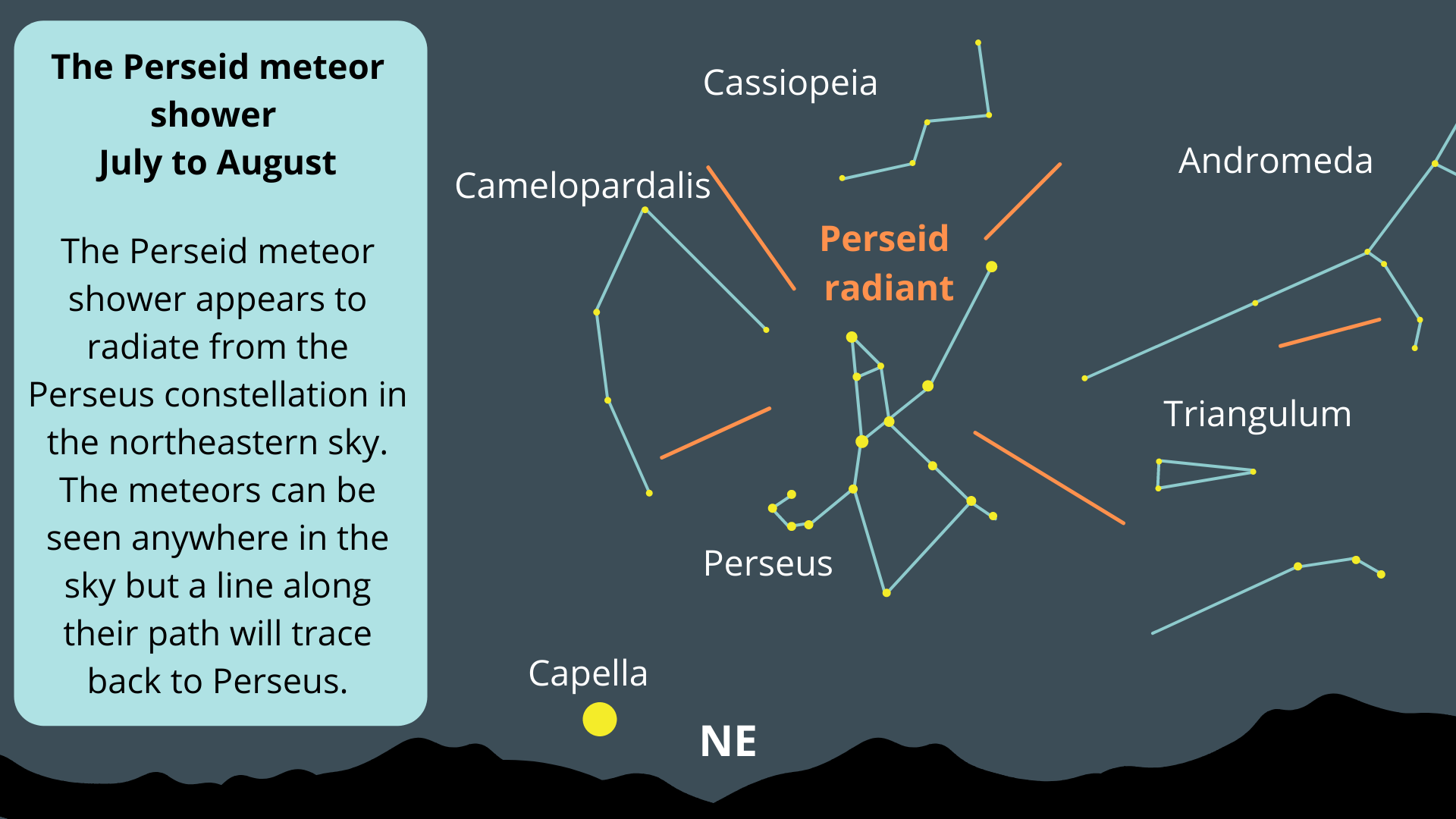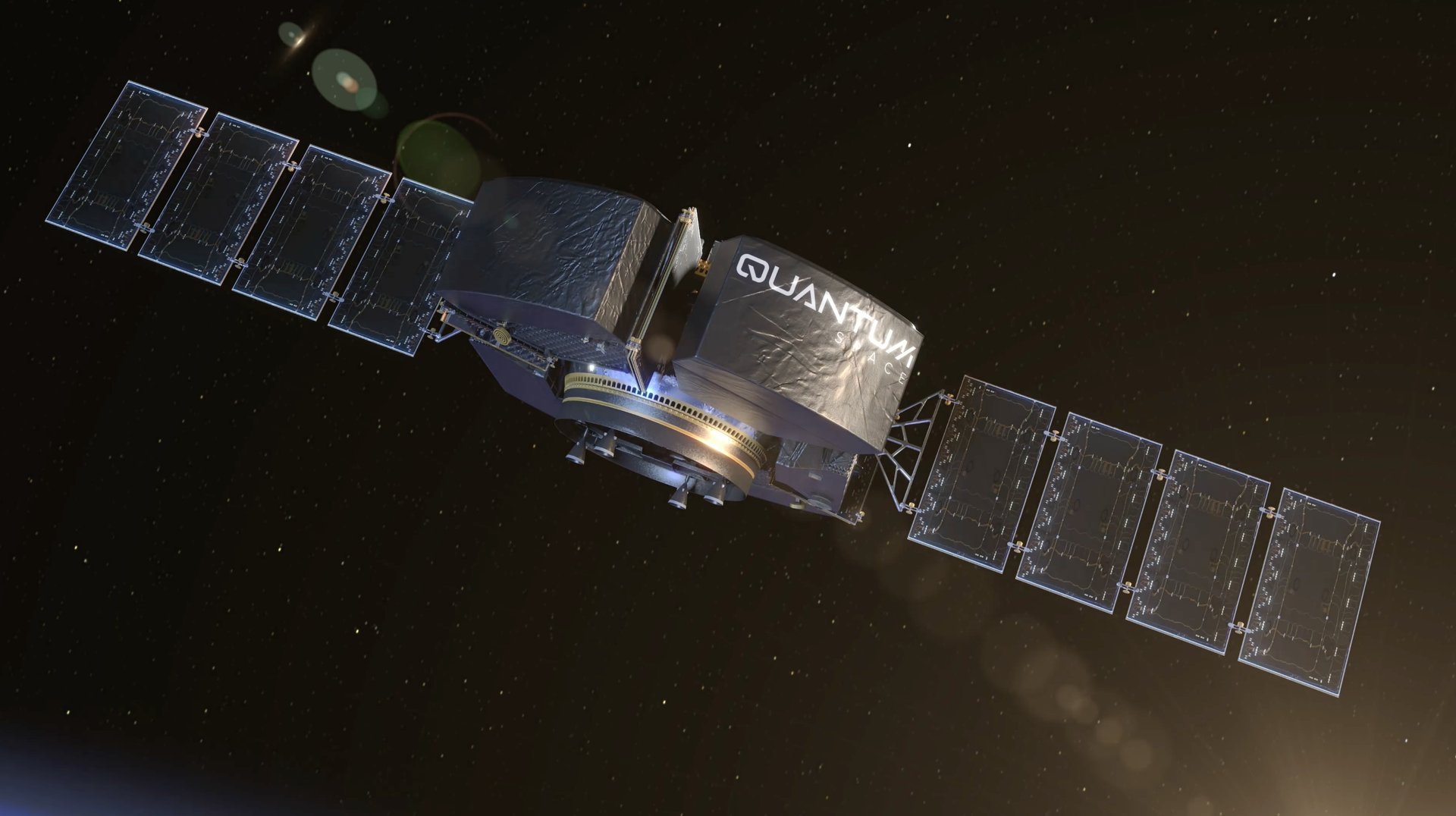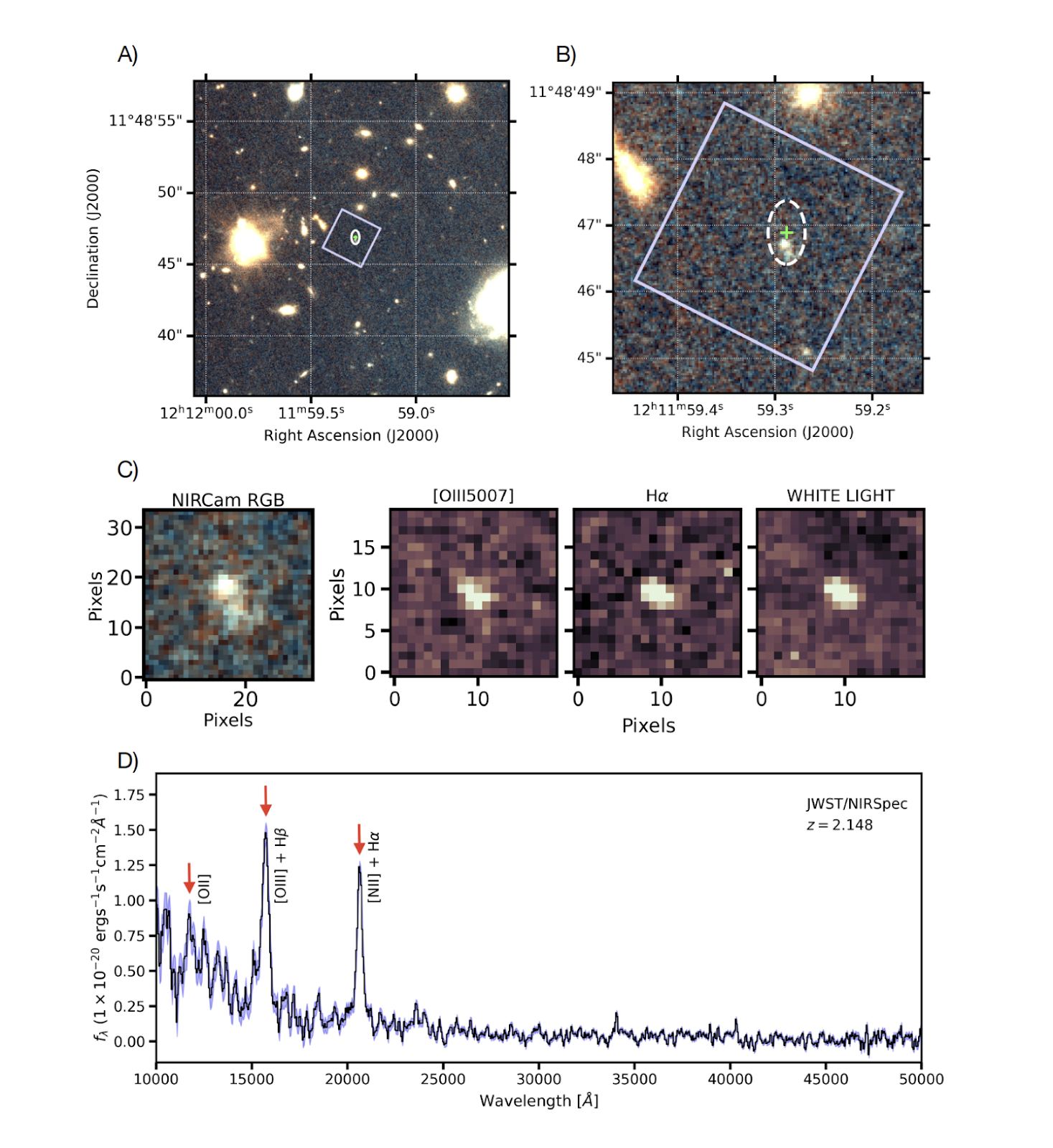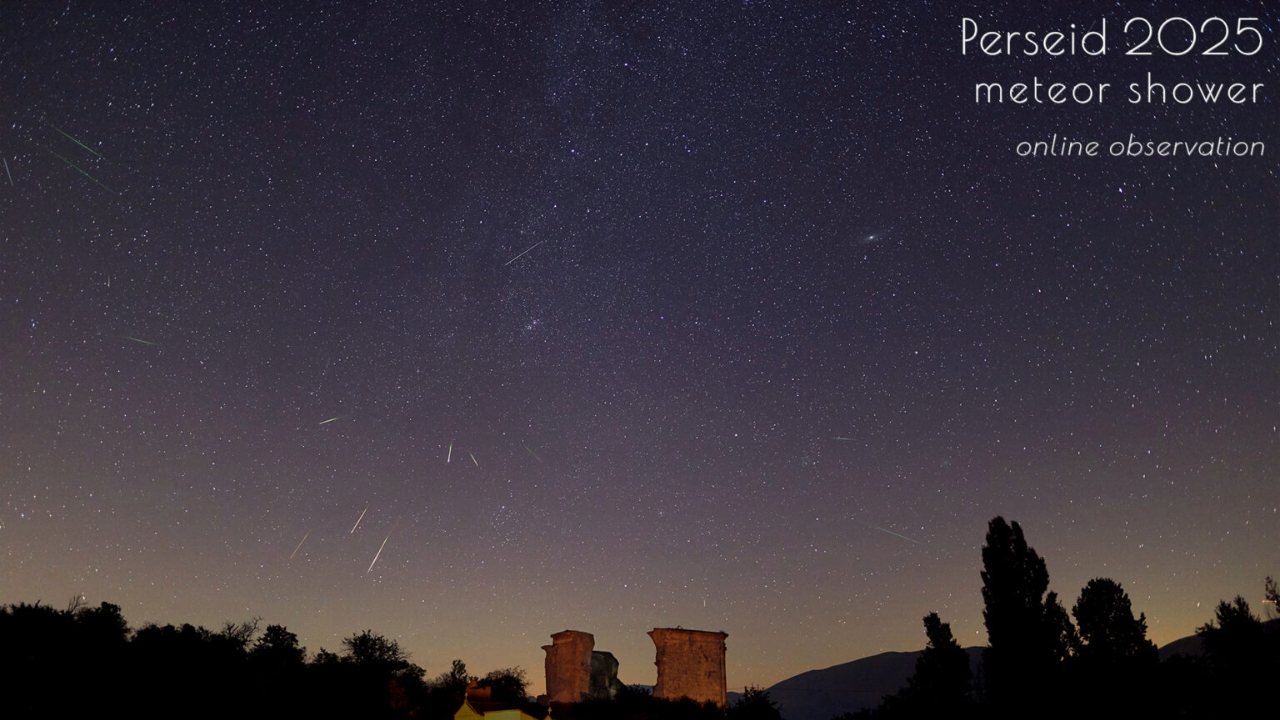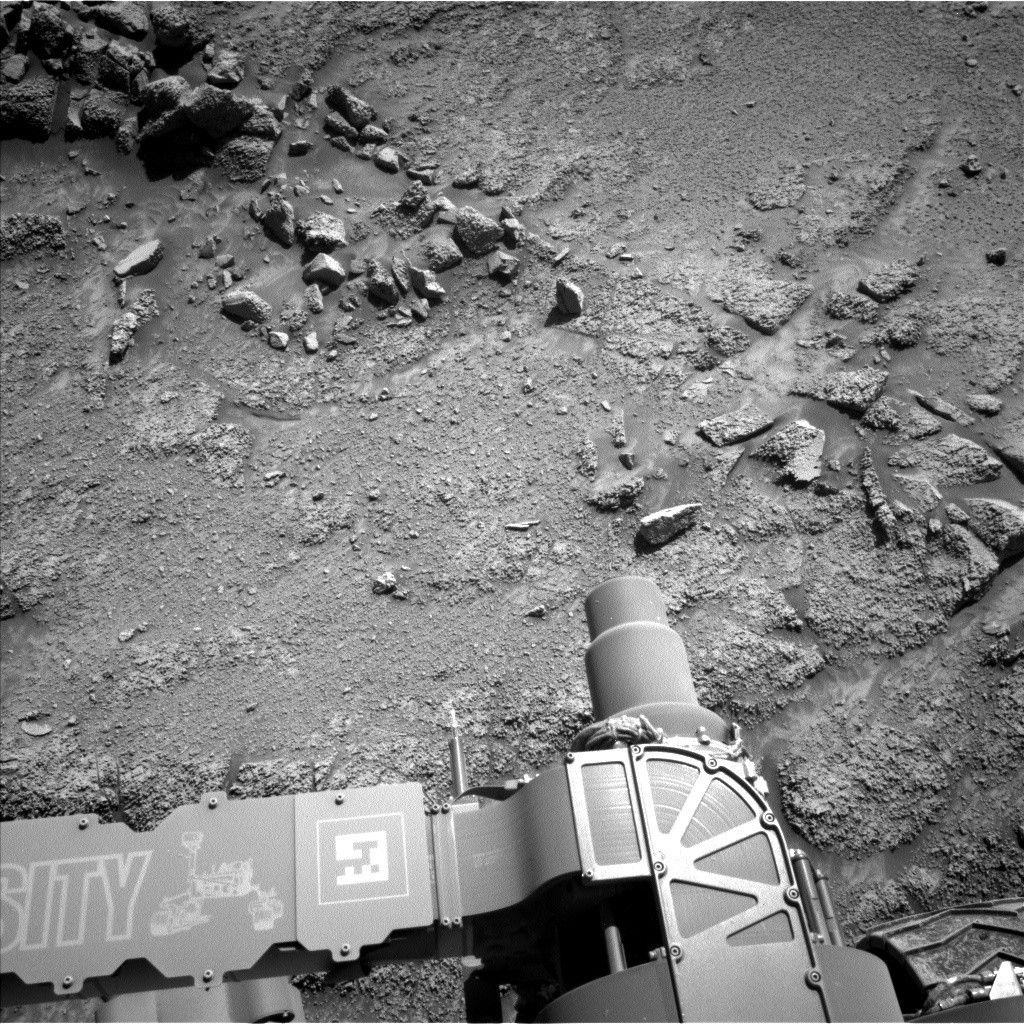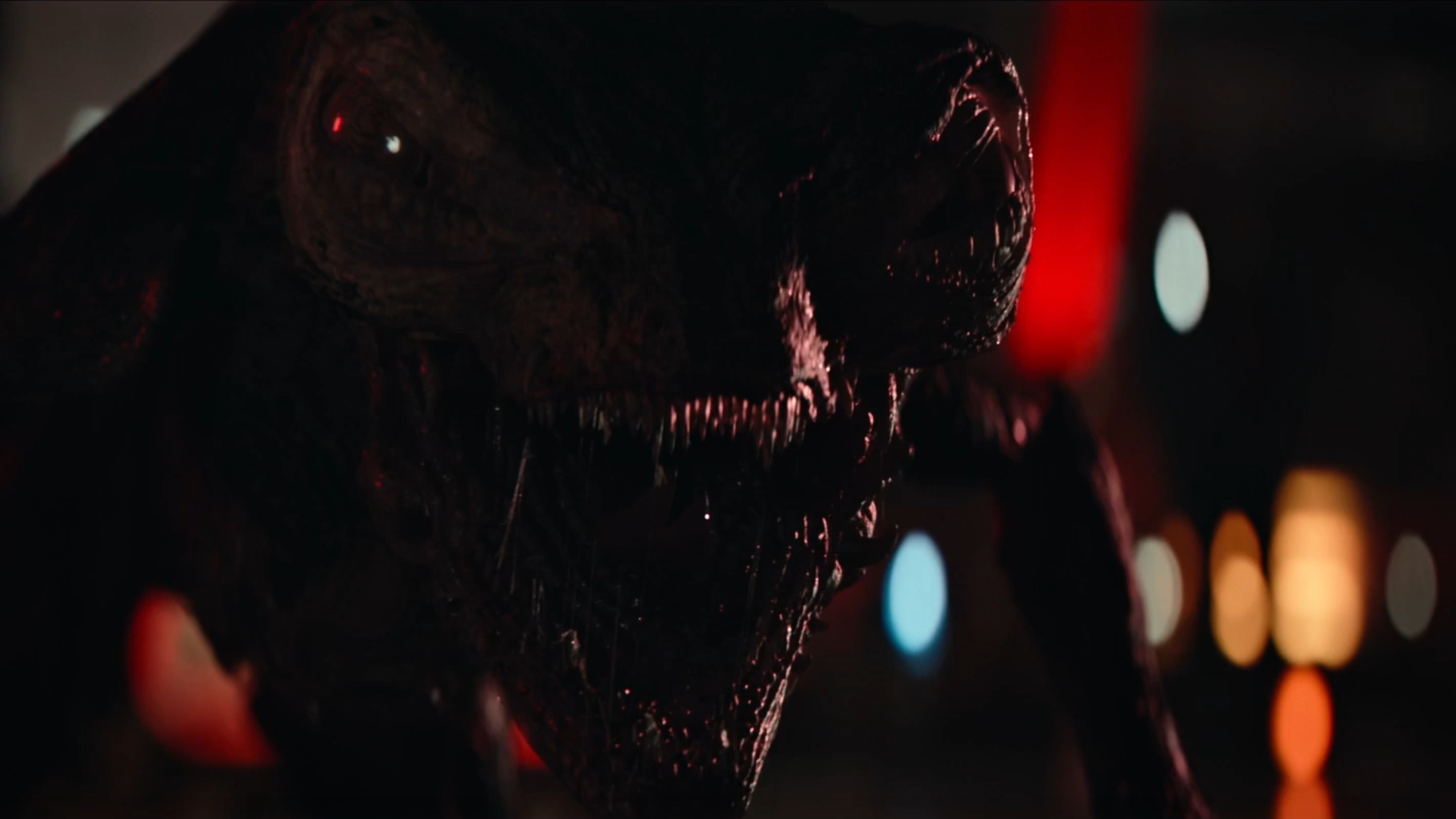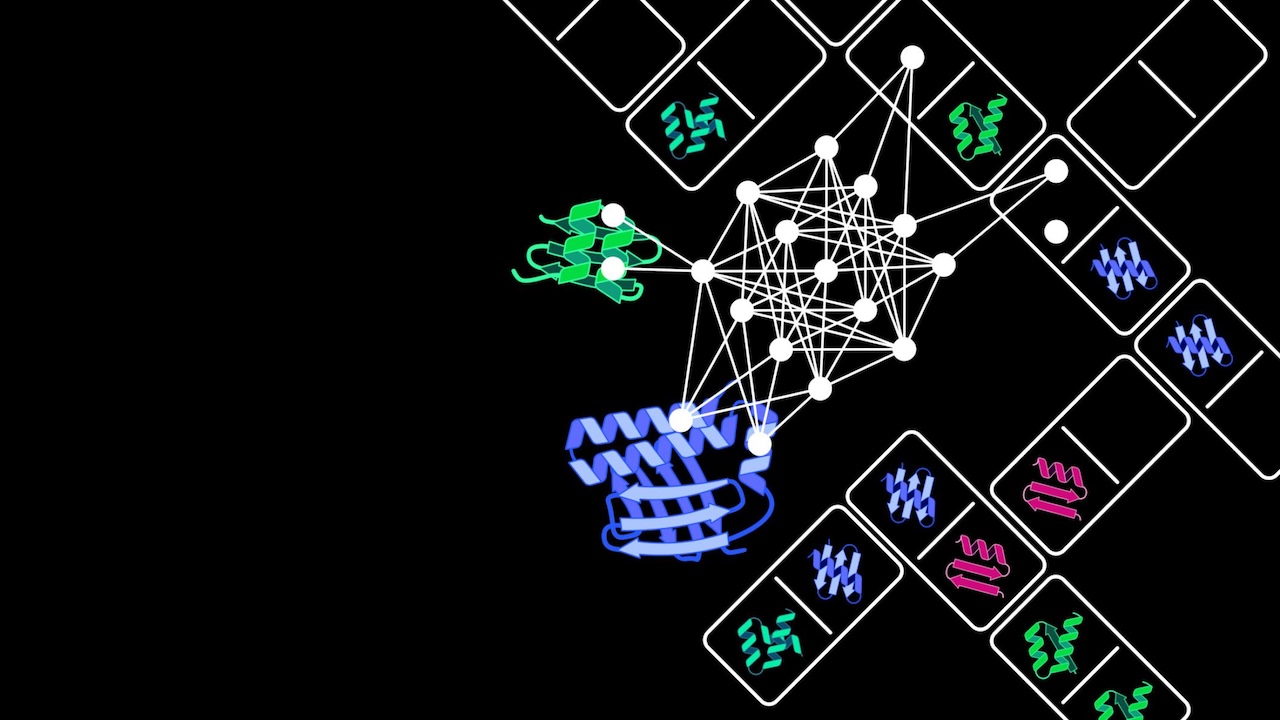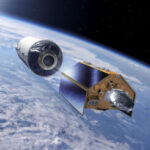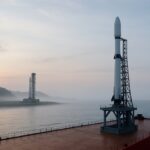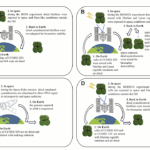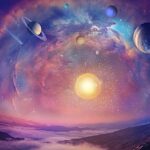Prepare to journey to the sixth planet from the Sun — Saturn, the celestial jewel of our solar system. Known for its breathtaking rings and fascinating moons, Saturn has long
Hot Posts499- Page
You know, if you think about it, and trust me we’re about to, the moon is kind of weird. Of all the terrestrial worlds of the solar system, we’re the
Get ready stargazers: the Perseid meteor shower peaks next week, Aug. 12-13, bringing up to 100 shooting stars per hour, along with the potential for dazzling fireballs The Perseid meteor
NASA has selected six companies to produce studies focused on lower-cost ways to launch and deliver spacecraft of various sizes and forms to multiple, difficult-to-reach orbits. The firm-fixed-price awards comprise
Astronomers have detected a fast radio burst (FRB) from when the Universe was just 3 billion years old, a remarkable achievement that opens new windows into the early universe and
One of the year’s most dazzling sky shows is about to peak as the annual Perseid meteor shower lights up the night — and you can enjoy the event live
Curiosity Navigation Curiosity Home Mission Overview Where is Curiosity? Mission Updates Science Overview Instruments Highlights Exploration Goals News and Features Multimedia Curiosity Raw Images Images Videos Audio Mosaics More Resources
For the average overnight stargazer and astrophotographer prioritizing compact and lightweight gear for their trek, the new Backpacker from Colorado-based Sky View Tents may be exactly what you need. The
The Original Series had the Klingons, “The Next Generation” had the Borg, “Deep Space Nine” had the Dominion, and now “Strange New Worlds” has the Gorn. Every good “Star Trek”
The Protein Domain Insertion Optimizer, abbreviated as ProDomino, can forecast which protein domains – like domino tiles – have to be fitted together to engineer a merged protein with new
-
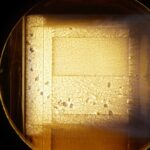 012024 in Review: Highlights from NASA in Silicon Valley
012024 in Review: Highlights from NASA in Silicon Valley -
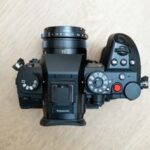 02Panasonic Leica Summilux DG 15mm f/1.7 ASPH review
02Panasonic Leica Summilux DG 15mm f/1.7 ASPH review -
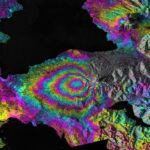 03How New NASA, India Earth Satellite NISAR Will See Earth
03How New NASA, India Earth Satellite NISAR Will See Earth -
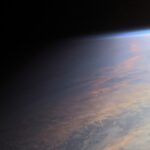 04And Thus Begins A New Year For Life On Earth
04And Thus Begins A New Year For Life On Earth -
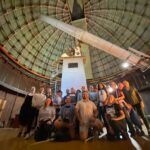 05Astronomy Activation Ambassadors: A New Era
05Astronomy Activation Ambassadors: A New Era -
06SpaceX launch surge helps set new global launch record in 2024
-
 07Space Force plans new ‘Futures Command’ amid pressure to speed up modernization
07Space Force plans new ‘Futures Command’ amid pressure to speed up modernization


